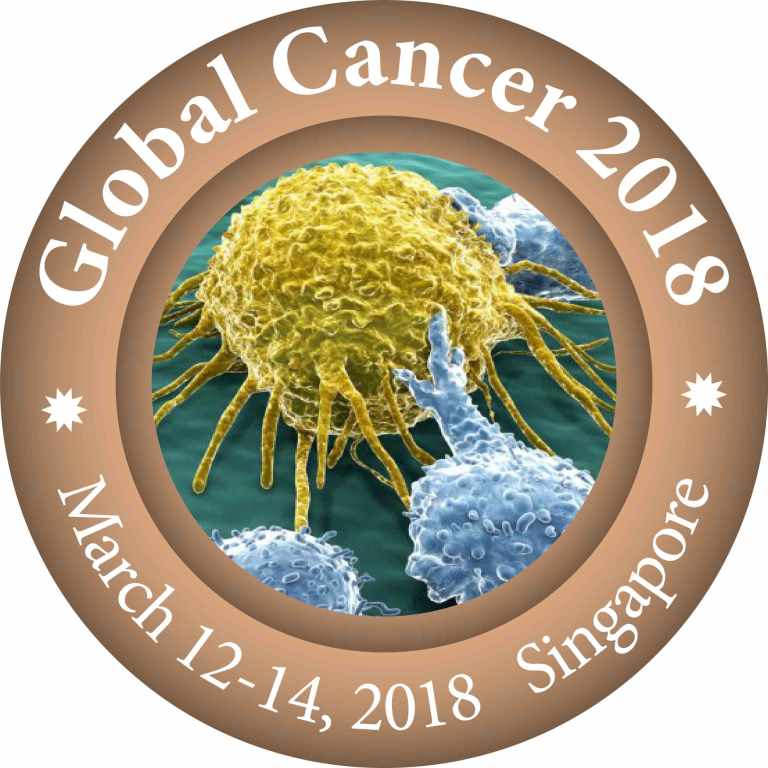
Ming Liu
Guangzhou Medical University, China
Title: CHD1L promotes lineage reversion of hepatocellular carcinoma through open chromatin for key developmental transcription factors
Biography
Biography: Ming Liu
Abstract
High-grade tumors with poor differentiation usually show phenotypic resemblance with their developmental ancestral cells. Cancer cells that gain lineage precursor cell properties usually hijack developmental signaling pathways to promote tumor malignant progression. Oncogenic chromatin remodeling protein (CHD1L) might be important in this process. The association of CHD1L with HCC lineage reversion was systematically evaluated in cell line model, xenograft mouse model, genetically modified mouse model and HCC clinical samples. Chromatin immunoprecipitation followed by high-throughput deep sequencing was used to identify the potential molecular mechanisms. CHD1L was found closely associated with liver development and HCC tumor differentiation. Expression of CHD1L decreased during hepatocyte maturation and increased progressively from well-differentiated HCCs to poorly-differentiated HCCs. ChIP-sequencing found that CHD1L could bind to genes related to development. Bioinformatics-aided network analysis indicated that CHD1L might regulate networks associated with embryonic development. Overexpression of CHD1L conferred ancestral precursor-like properties of HCC cells both in vitro and in vivo. Inhibition of CHD1L reversed the malignant phenotype and sensitized HCC cells to Sorafenib treatment. Mechanism studies revealed that CHD1L could maintain open chromatin architecture at promoter regions of key developmental transcriptional factors. Significant correlation of CHD1L with hepatic lineage differentiation markers was also found in HCC patients. We proposed a novel mechanism that oncogenic chromatin remodeler CHD1L might drive HCC lineage reversion and maintain a chromatin status suitable for liver ancestral precursor cells. Further, inhibition of CHD1L might down grade poorly-differentiated HCCs, sensitize tumors to Sorafenib treatment and provide novel therapeutic strategies for this deadly disease.

